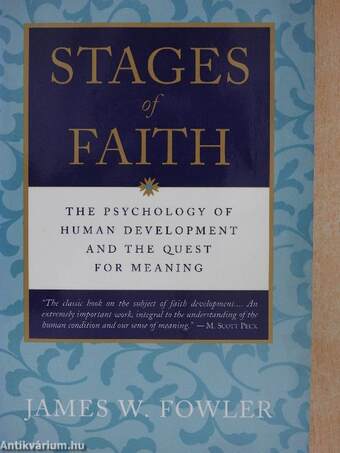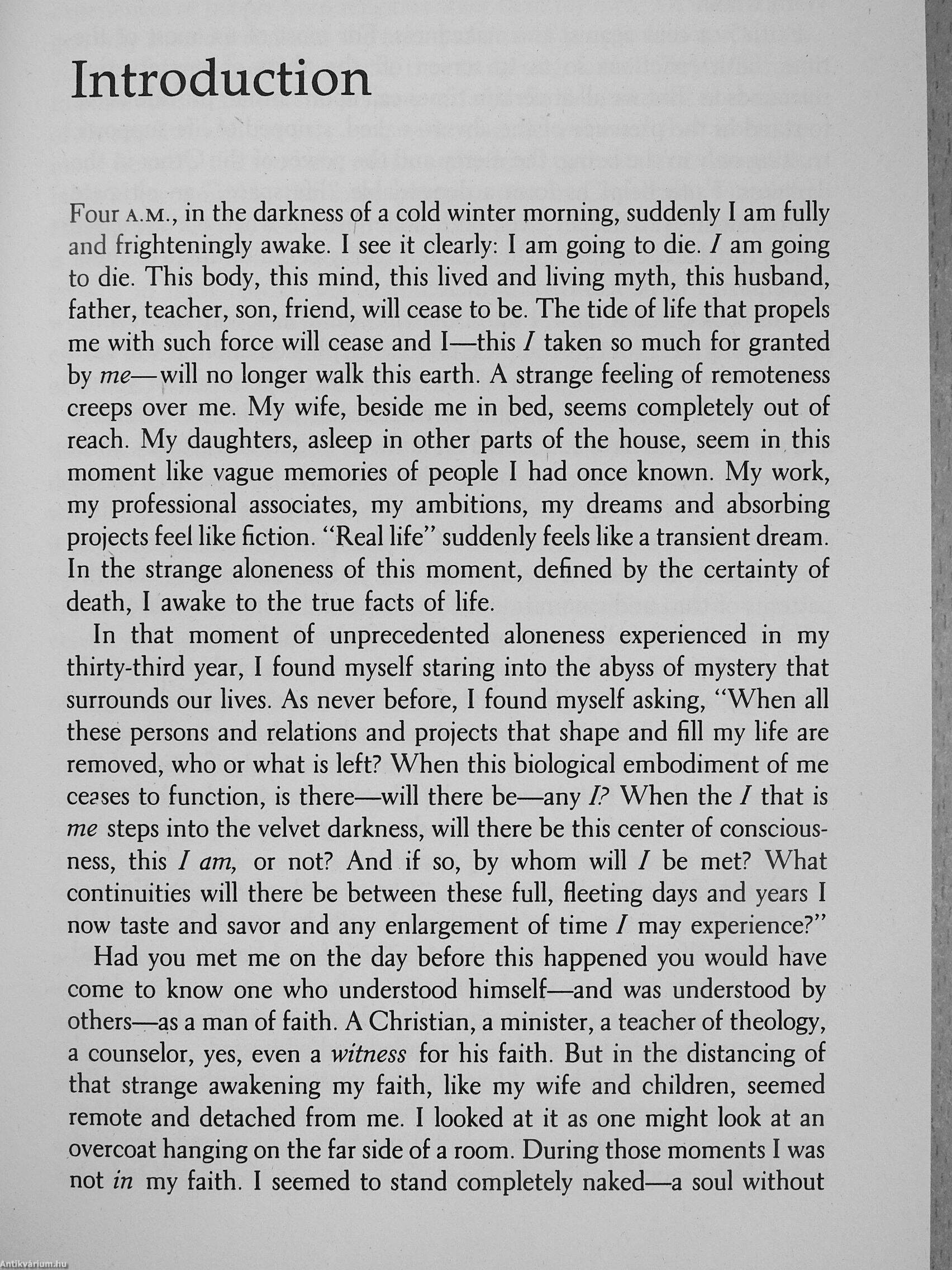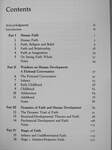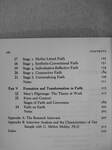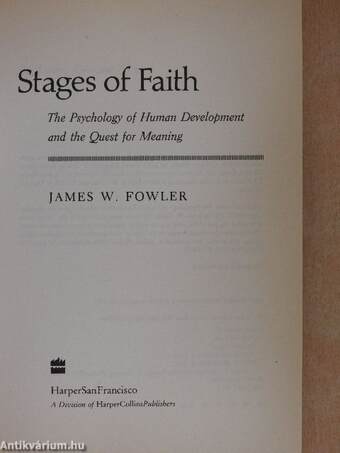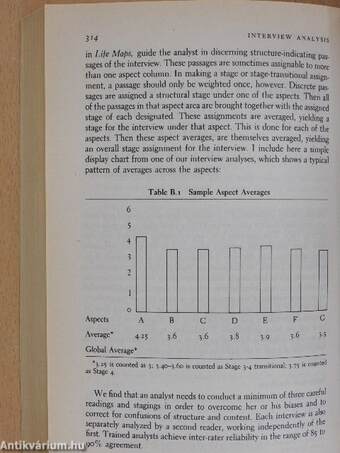1.072.879
kiadvánnyal nyújtjuk Magyarország legnagyobb antikvár könyv-kínálatát

VISSZA
A TETEJÉRE
JAVASLATOKÉszre-
vételek
Stages of Faith
The Psychology of Human Development and the Quest for Meaning
| Kiadó: | HarperSanFrancisco |
|---|---|
| Kiadás helye: | San Francisco |
| Kiadás éve: | |
| Kötés típusa: | Ragasztott papírkötés |
| Oldalszám: | 332 oldal |
| Sorozatcím: | HarperCollins |
| Kötetszám: | |
| Nyelv: | Angol |
| Méret: | 20 cm x 13 cm |
| ISBN: | 0-06-062866-9 |
| Megjegyzés: | Fekete-fehér ábrákkal. |
naponta értesítjük a beérkező friss
kiadványokról
naponta értesítjük a beérkező friss
kiadványokról
Előszó
TovábbFülszöveg
RELIGION / PSYCHOLOGY
"Does life have meaning or purpose?" "When you're most discouraged, what gets you up in the morning to return to the struggled' "When and where do you experience wonder, awe, or ecstasy?"
Dr. James Fowler has asked these questions, and others like them, of nearly six hundred people. He has talked with men, women, and children of aU ages, from four to eighty-eight, including Jews, Catholics, Protestants, agnostics, and atheists. In many cases, the interviews became in-depth conversations that provided rare, intimate glimpses into the various ways our lives have meaning and purpose, windows into what this book calls faith.
Faith, as approached here, is not necessarily religious, nor is it to be equated wdth belief. Rather, faith is a person's way of leaning into and making sense of life. More verb than noun, faith is the dynamic system of images, values, and commitments that guides one's life. It is thus universal: everyone who chooses to go on living... Tovább
Fülszöveg
RELIGION / PSYCHOLOGY
"Does life have meaning or purpose?" "When you're most discouraged, what gets you up in the morning to return to the struggled' "When and where do you experience wonder, awe, or ecstasy?"
Dr. James Fowler has asked these questions, and others like them, of nearly six hundred people. He has talked with men, women, and children of aU ages, from four to eighty-eight, including Jews, Catholics, Protestants, agnostics, and atheists. In many cases, the interviews became in-depth conversations that provided rare, intimate glimpses into the various ways our lives have meaning and purpose, windows into what this book calls faith.
Faith, as approached here, is not necessarily religious, nor is it to be equated wdth belief. Rather, faith is a person's way of leaning into and making sense of life. More verb than noun, faith is the dynamic system of images, values, and commitments that guides one's life. It is thus universal: everyone who chooses to go on living operates by some basic faith.
Building on the contributions of such key thinkers as Piaget, Erikson, and Kohlberg, Fowler draws on a wide range of scholarship, literature, and firsthand research to present expertly and engagingly the six stages that emerge in working out the meaning of our lives—from the intuitive, imitative faith of childhood through conventional and then more independent faith to the universalizing, self-transcending faith of Ml maturity. Stages of Faith helps us to understand our own pilgrimage of faith, the passages of our own quest for meaning and value.
JAMES W. FOWLER is widely regarded, along with his associate Lawrence Kohlberg and his contemporaries Carol Gilligan and Daniel J. Levinson, as a seminal figure in the field of developmental psychology. He has taught at Harvard University and Boston College and is currently the head of the Center for Ethics in Public Policy and the Professions at Emory University. Vissza
Témakörök
James W. Fowler
James W. Fowler műveinek az Antikvarium.hu-n kapható vagy előjegyezhető listáját itt tekintheti meg: James W. Fowler könyvek, művekMegvásárolható példányok
Nincs megvásárolható példány
A könyv összes megrendelhető példánya elfogyott. Ha kívánja, előjegyezheti a könyvet, és amint a könyv egy újabb példánya elérhető lesz, értesítjük.



